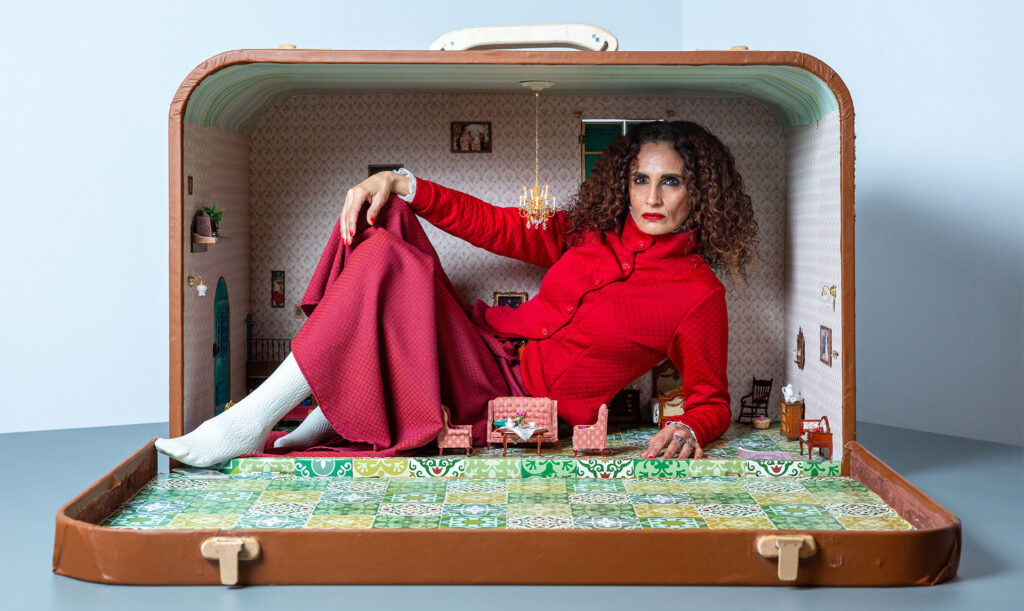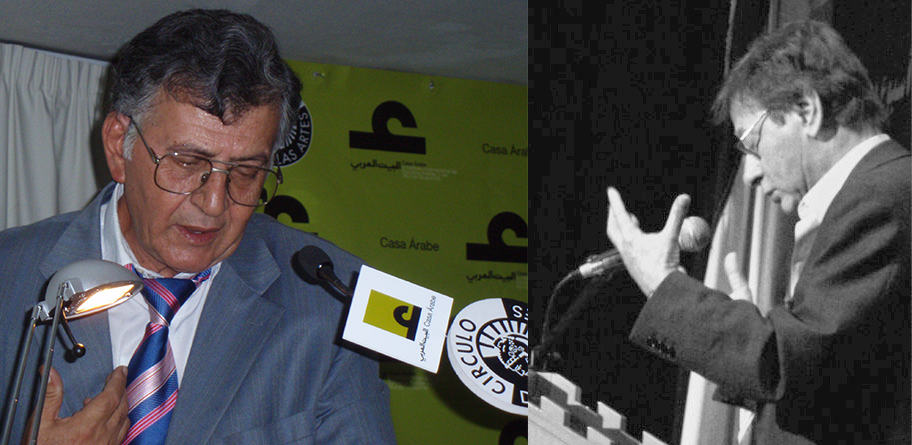Women and the Home of Philosophy
Dr. Miri Rozmarin | 21.12.2021 | Photo: Ido Berlad

The Female Ghost in the Attic
“Get yourself a wife and build her a home," sang Arik Einstein. He thereby expressed an image ingrained in Western culture of domesticity and its association with femininity. In the Western imagination the home is not only the physical space where a person may put their belongings and rest. The home is perceived as the physical embodiment of the very person and their autonomy over their life. Women embody domesticity in their bodies and actions, but are not perceived as the person whose humanity creates a home. They are a ghost in the home – a presence which the philosophical imagination tries but fails to hide.
The home is the private sphere, stated early liberal philosophers; a sphere that embodies a person's natural freedom. A person's own space that they can shape in their own taste, where they can express their concealed personal habits, far from society's watching eye. At home a person can be free from work, free from restrictions and norms. Home is the place of rest, which enables a person to go back out into the political and social public domains, in order to meet people, to act and to change the world.
Despite the importance of the home, the Western philosophical and cultural imagination also sees it as a limited and limiting sphere, becouse it provides a person's physical and emotional needs – everything that that same philosophical imagination defines as inferior and inhibiting of the human spirit at its apex.
That image of home, entwined in countless mythologies, stories, and films, identifies the person – the master of the home – with the man, whereas the woman, for whom the man builds the home, is domesticity itself, which exists for the man. It is she who will make the space comfortable and pleasant; her work will allow his rest. She will take care of raising the children, food, order and cleanliness – everything needed so that the person, the man, will have a home. The reality of women's life at home was transparent to the Western philosophical imagination for centuries. The physical and emotional labor, the accumulated knowledge, the aquired skills, the devotion to the members of the household and the moral commitment to their wellbeing – all of those remained transparent. Even today, with women less restricted to their homes than they were in the past, and less expected to devote themselves to housework, they are still identified with domesticity. They represent Hearth and Home, and are expected to create the home for the family. They are judged severely if their commitment to the home is impaired because of their profession or career. Even today there is a lack of recognition of the complex and daily labor that turns a space between walls into a home.

Over the last few months the Van Leer Jerusalem Institute held a lecture series called The Home of Philosophy: Home as a Metaphor in Thought. We thought this series presented a partial philosophical and cultural imagination, one that does not grow out of the experience, the history, and the reality of women at home. It is a philosophical imagination that is insufficient in thinking about the labor without which there is no home; the home as a domain of relationships, which is at times a shelter, and at other times a harmful, haunting and lonely place.
As part of the activity of the Contemporary Feminist Political Subjectivities research lab at the Van Leer Jerusalem Institute, we created the The Ghost in the Attic: Women and the Home of Philosophy event. Its purpose is to present a different philosophical and cultural imagination; one that arises from the lived experiences of women. Our goal is to think about home through literary and philosophical works that recognize the home as an intimate and social sphere, a sphere inhabited by men and women, a real and dynamic sphere with unique characteristics. We will also dicuss the power of metaphors to preserve and change social reality.
Ghosts haunt the home and its inhabitants. They commandeer the familiar and comfortable space and make it threatening. Ghosts are figures from the past who haunt the present and inhabit it unnaturally. They refuse to die, and thus, they embody that which people do not manage to erase or leave behind. Ghosts are trapped in the margins: they torment, remind, but also preserve the possibility of remaining close to that from which one cannot break free. Ghosts, said Derrida, are not just the past haunting the present. They also represent the possibility of a different future. When they disturb the present as something simple and self-evident, they create an opening to change.




